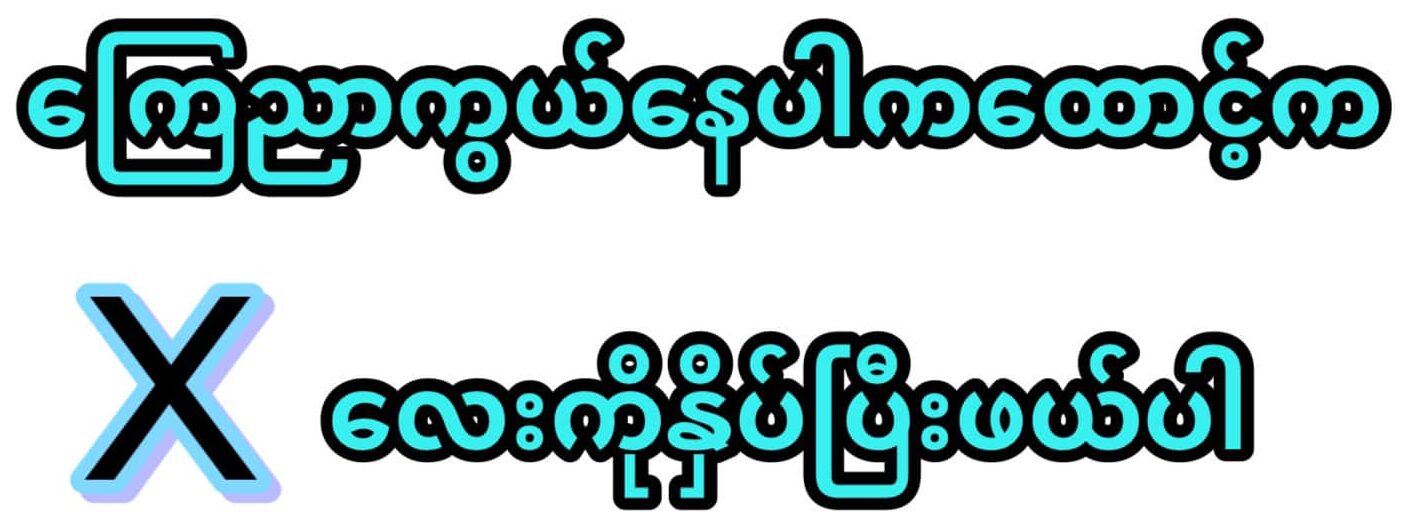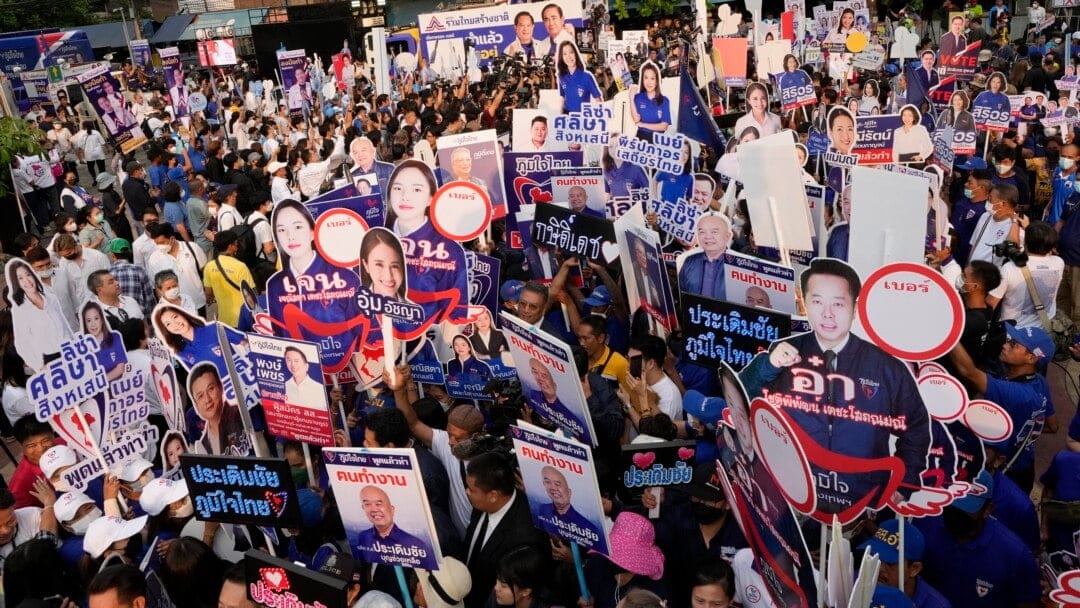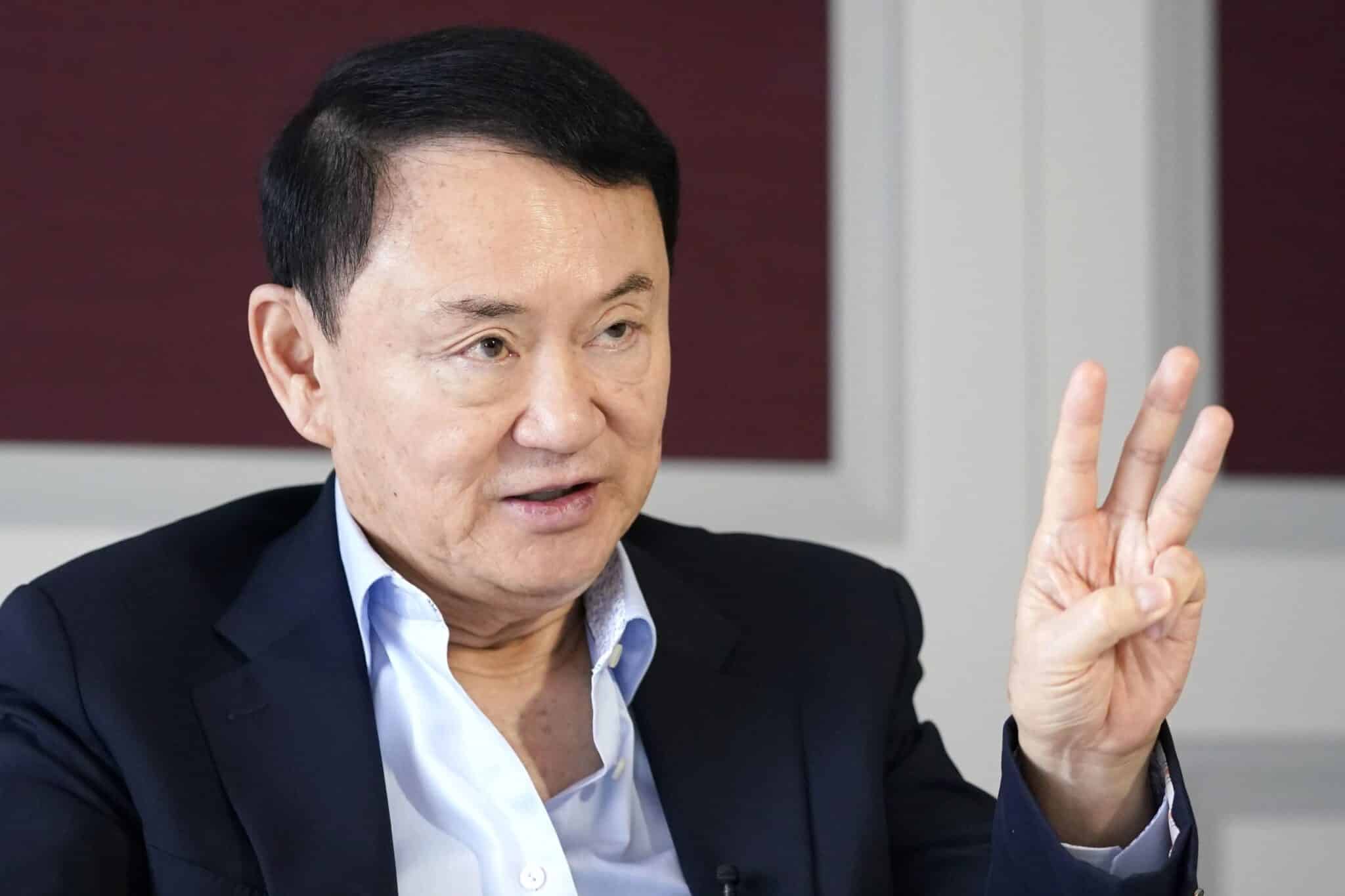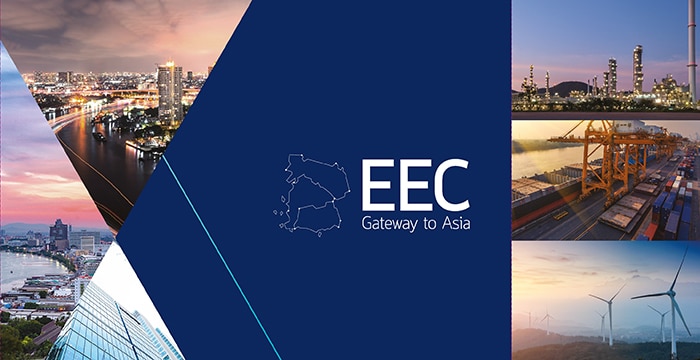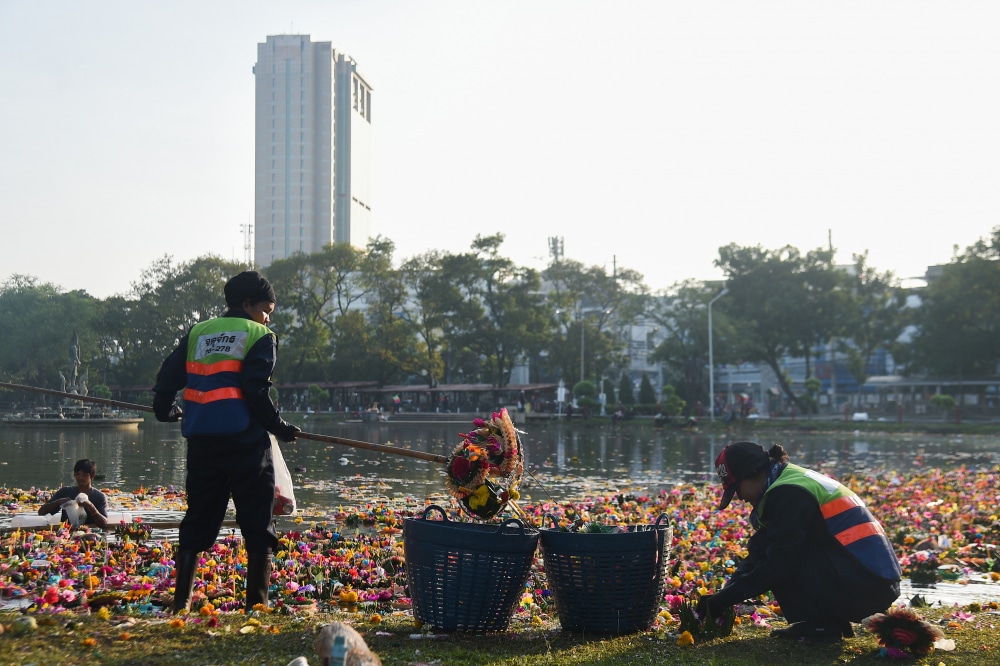Although it may appear dramatic and unique, Move Forward Party (MFP) leader Pita Limjaroenrat’s journey in attempting to become prime minister after winning the May 14 election is standard procedure in Thai politics during the last two decades.
When a party wins handily in the polls and its leader appears charismatic and capable, conservative forces fight hard to obstruct and invalidate the election victory. In light of Pita’s case, the question is whether Thailand’s elections are merely ceremonial, with real political authority resting with the existing centres of power, ranging from the military and monarchy to the courts and bureaucracy.
The conservative establishment’s tried and true method of monitoring and shaping outcomes is to use legal and constitutional tools as interpreted by the judiciary, most notably the Constitutional Court, but also, in the past, the Supreme Administrative Court and the Supreme Court Division for Political Office Holders. Following a poll, a small group of saboteurs will often file a plethora of charges against parties and people regarded a threat.
These charges are officially acknowledged and become possibilities for the judicial authorities to exercise as they see right. Charges can be made from several angles, but only those targeting establishment adversaries are pursued. This practise has been compared to the “judicialization” of Thai politics—a sort of judicial putsch in which judges can determine political orientations and shape outcomes without resorting to a real military coup, which draws worldwide attention and criticism.
This is what happened to Thaksin Shinawatra and his political machinery previously. After achieving a near-majority poll victory in January 2001, he was not considered an enemy and was permitted to take office and manage the country. After being charged with failing to completely report his assets and disguising them under the names of his aides, the Constitutional Court let him off the hook by a vote of 8-7. He was valuable to the established regime at the time because of his pro-growth policies, which helped Thailand get out of the 1997-98 economic crisis without relying on the IMF.
Nevertheless, after winning re-election by a landslide four years later, Thaksin became too powerful for the conservative elite. One major irony in Thai politics is that he was not anti-establishment at all, but simply desired to be a favoured member of it among the highest echelons. Thaksin was eventually ousted by rivals in the highest levels of power, his large voting base clashing with the established patronage network of existing power holders.
The September 2006 coup that evicted and banished him was followed by a barrage of legal charges, including the dissolution of his Thai Rak Thai Party and a five-year ban on its executive board members standing for office in May 2007. When his Palang Prachachon (People’s Power) Party won the election again in December 2007, it was similarly dissolved and its executives were barred. The Constitutional Court removed Thaksin’s supporter and prime minister Samak Sundaravej from office for emceeing a culinary show and earning 5,000 baht for incidental costs while in government.
As the Pheu Thai Party won the election again in July 2011, Thaksin’s sister, Yingluck Shinawatra, met a similar destiny but in a different form. While prime minister, she was accused of numerous acts of wrongdoing and conflicts of interest. But this time, the military took decisive action by seizing control in May 2014, after a devastating protest movement, backed by judicial decisions, failed to depose her government for seven months.
Thanathorn Juangroongruangkit, the deposed head of the Future Forward Party, was next on the list. Future Forward, which was formed just a year before the March 2019 election, received 6.3 million votes and 80 seats in parliament. While the party’s performance behind that of Pheu Thai and the pro-military Palang Pracharath, its reform programme of traditional political institutions sounded alarm bells in establishment circles. The Thaksin-led machinery was merely a competitor for the masses, whereas Future Forward’s reform programme posed a clear and present danger.
Thanathorn was charged with a slew of offences, including ownership of media stock. In fact, Thaksin’s conglomerate bought a TV company and converted it into a government mouthpiece, prompting the constitutional prohibition on media ownership. Thanathorn’s minor shareholdings prevented him from exerting influence over the company in question, and he explained that the shares had been transferred to his mother. Nonetheless, he was disqualified and barred from running for office for ten years, and his party was disbanded in February 2020.
Those who voted for these major political parties were disenfranchised after they were dissolved. The removal of Thai Rak Thai and Palang Prachachon by the Constitutional Court sparked red-shirt riots in 2009-10, culminating in an armed repression by security forces. Once Future Forward was disbanded, young Thais took to the streets in 2020-21, facing water cannons and rubber bullets. Existing power holders have had no qualms about shutting down political parties and quelling their voters’ and supporters’ rage.
Pita is the establishment’s next target. This time, though, he and Move Ahead are judged a threat for pushing for a revision to the lese majeste legislation, or Section 112 of the Criminal Code, in addition to the typical vague media ownership infringement. What Future Forward began, Move Forward has continued by focusing on institutional reforms of conventional institutions in order for Thailand to progress. These institutions serve as the foundation for an entrenched system and network of powerful individuals, connections, and vested interests that has held Thailand back for years. Reform has the ability to unlock and unleash creative forces and skills, allowing Thailand to attain its full potential.
Nonetheless, their apparent denial of Pita’s premiership and the removal of Move Forward from government suggests that conservative forces are having to strike back harder than ever, seeming externally strong but possibly internally weak. Despite numerous polls that have failed to produce really democratic results, Thailand’s power structures are effectively stating, “This is the authoritarian way we’re going to have it, do you have a problem with that?”
Thitinan Pongsudhirak is a professor and senior fellow at Chulalongkorn University’s Faculty of Political Science’s Institute of Security and International Studies.

